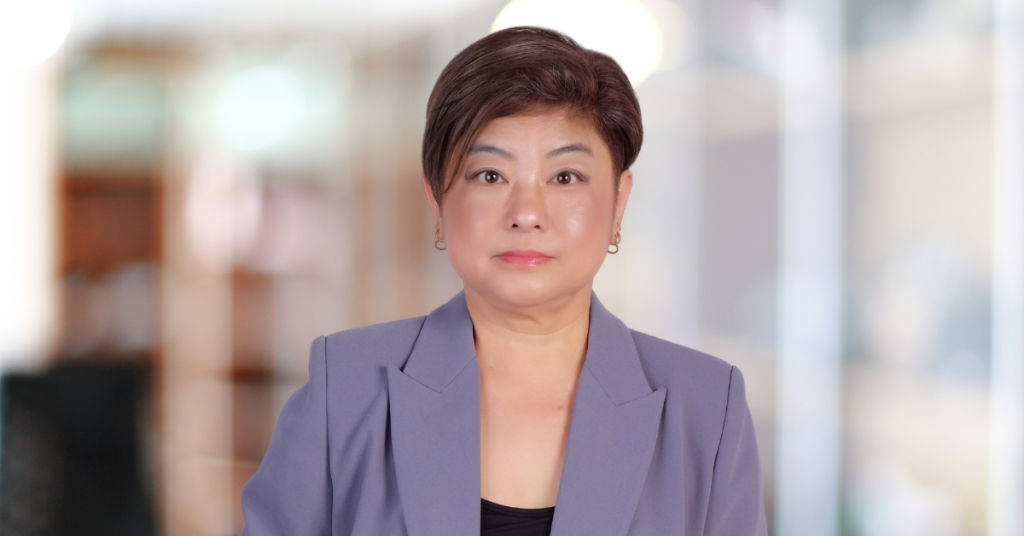Why most conflict resolution strategies fail? According to Certified Hospitality Professional Dr. Manida Xongmixay-Lau, it’s because we forget one critical thing: people are different—and that changes everything.
In high-pressure industries like tourism and hospitality, conflict is inevitable. But instead of trying to apply a one-size-fits-all approach, Dr. Manida says leaders should lead with understanding, not control.
“Understanding your team members’ personalities is essential to developing strong people skills,” she told Financial Adviser PH. “Every individual contributes distinct characteristics, and successful leadership necessitates the ability to tailor approaches accordingly.”
The secret? Customize, don’t command.
Not all conflicts require confrontation—and not all employees need the same kind of feedback. For Dr. Manida, effective leadership means knowing when to push, when to pause, and how to adjust your style based on who’s in front of you.
“At times, we may need to leverage those traits to drive performance; other times, we must work around them to maintain harmony and productivity,” she said. “Ultimately, the approach should be guided by the circumstances at hand and the criticality of the task at stake.”
That kind of adaptability is a core leadership skill—especially in service-driven industries where team dynamics can make or break the guest experience.
People-first leadership is a performance strategy
Dr. Manida’s style is rooted in empathy and observation. She doesn’t see conflict as a problem—it’s a signal. “It’s not about fixing people,” she implies, “It’s about knowing how to work with what they bring to the table.”
Her advice to leaders trying to navigate difficult personalities or rising tension?
“Be the kind of leader who earns trust through listening, mentorship, and clear communication,” she said. “That’s how you create a culture of accountability and compassion.”
![]()



